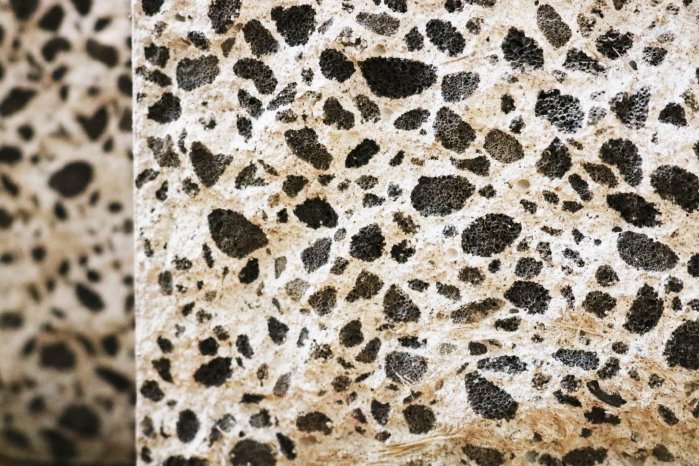- More environmentally and resource efficient than concrete
- Reducing the CO2 footprint in the construction industry
- First project development with DETON planned for 2021
- General building authority admission is ecpected for 2023
Nail Förderer, founder and CEO of DETON: "In the increasingly heated discussion about the topic of sustainability, one crucial factor is too often left out: cement as a climate killer. The cement industry itself is representing eight percent of global greenhouse gas emissions. To get the real estate industry climate-neutral, we have to reduce the emission output in the construction process drastically. Therefore we need to transform the entire construction industry, starting with concrete, the most widely common building material. With DETON, we have developed a climate-friendly alternative that meets all the demands of modern project developments."
Due to its innovative, ecological composition, the concrete alternative DETON saves up to 70 percent of cement minerals. In addition to classic cement, a combination of mineral and organic adhesives as well as recycled fillers are added to the building material during the production process. This saves 100 percent of the CO2 emissions and thus provides DETON with a neutral CO2 balance. In addition, the mineral building material is recyclable. Thanks to the absence of steel reinforcement and petroleum-based insulating and sealing materials, DETON is an ideal building material for the Circular Economy. Despite its novel composition, the patented mixing process also ensures optimal thermal insulation of the material in addition to water impermeability.
"DETON's goal is not only to offer a clean concrete alternative. We are working to make the entire value chain more ecological and profitable," explains Nail Förderer. "We are also developing new equipment in connection with 3D modelling processes that implement the topic of material development and additive manufacturing at the save time."
DETON does not require the addition of bitumen at all, and thanks to the material's inherent insulating properties, it enables the elimination of environmentally harmful technologies such as the commonly used composite thermal insulation systems.

